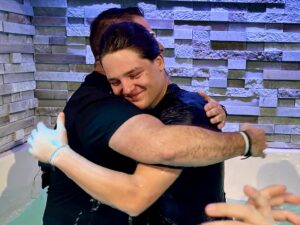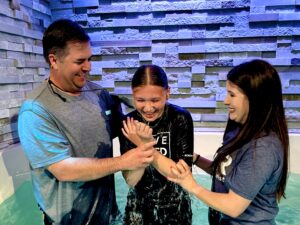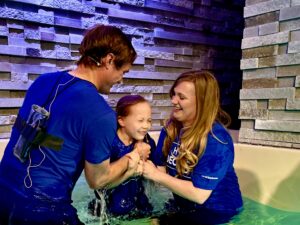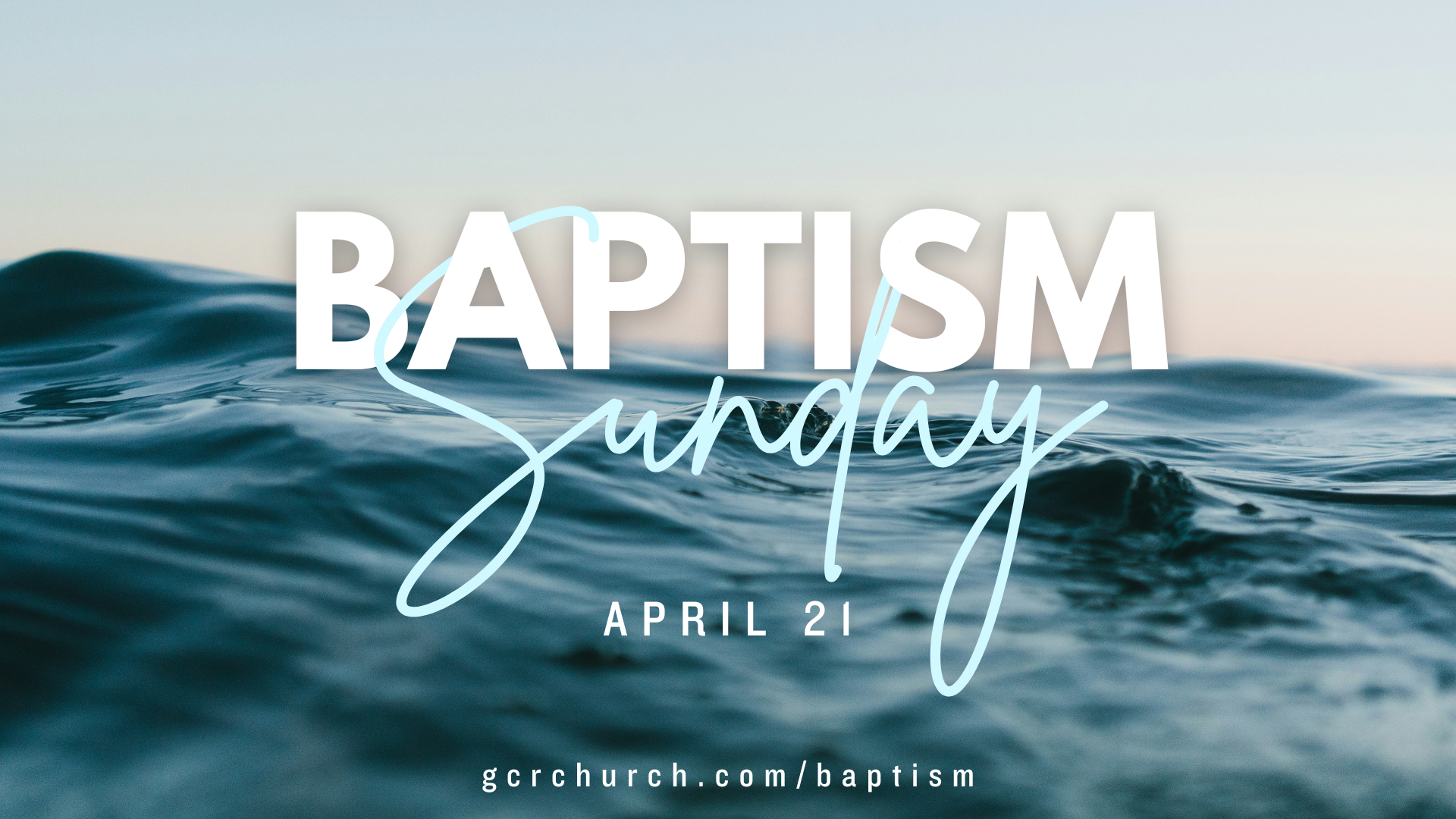We’re in the middle of a sermon series at GCR looking at the Church sacraments of baptism, the communion meal, and the Sunday worship assembly. Two of the lessons just concluded were about the Lord’s Supper, specifically the “why” of the Church’s meal. As with all three of these ancient church rituals, if we can get a good handle on the ‘why,’ it will help us a lot with the ‘how.’ For the rest of this week, I’ll be posting portions of those sermons in this space. Due to time constraints–some of you will be surprised that I’m paying attention to time at all–some of what I wanted to say on Sunday wound up on the cutting room floor. This blog allows me/us to go a little deeper and wider in a little longer form. I’ll start by posting this sermon sidebar.
This was ready to go in the middle of Sunday’s sermon. I even had a PowerPoint slide that simply said “Sidebar: Something to Think About.” It’s an aside to remind us that we should be very careful about making hard and fast rules and laws around the Lord’s Supper, especially because the way we have observed it for centuries now in no way resembles the original meal. In my mind, these are all important and much-needed cautions. But it got cut for time. So here it is.
I believe lots of people know that the Lord’s Supper started out in the Bible and in the early Church as a full meal. We know it. But we just file it away as something ancient and unrelated. We don’t think about it. But the fact that how we observe the Lord’s Supper today hardly resembles at all the form or function of the Lord’s Supper in the early Church does have ramifications for us. It is something to think about.
Some people want to draw hard black-and-white lines and boundaries around who can serve the Lord’s Supper and who can’t. We’ve inherited some of those rules here. This turns the community meal into some kind of litmus test on spiritual leadership or church authority when Jesus made overly clear at all of his meals, particularly the last supper in the upper room, that the meals are totally about serving one another. Our Lord went out of his way to denounce position and chains of command and authority, especially around his table. But to justify our cultural traditions, we’ve determined that our sisters in Christ can pass a tray of cups horizontally while seated, but not vertically while standing. On that rare occasion when a woman does stand up with a plate of crackers, it had better be to serve someone on her row–she can’t cross an aisle! It’s just good for us to remember that we wouldn’t have any of these issues if the Lord’s Supper were still a meal. Something to think about.
Some people want to put up walls around the table and decide who can eat and who can’t. Only the baptized can participate. Little kids who are not baptized cannot. Look, Jesus ate his suppers with some of the worst people in town–in the Gospels, that’s the religious leaders. Jesus’ table is open to everybody, his invitation to the feast is for all. Our Lord refused to discriminate with his suppers–he ate with everybody–it’s one of the things that got him killed. And I don’t think it’s a good idea for the church to draw lines of restriction where Jesus never did. As for our little kids, if you’re looking to the Bible, the Lord’s Supper is the main meal of the day. It would be like not letting your child eat dinner on Sunday. In the Bible, it’s very clear that at the Passover meals and the covenant meals, the little kids are right there. The children are actually main players in the liturgy, they’re at the table and participating and eating with the community. The Bible paints it as a God-ordained teaching opportunity, one of the places and ways we pass on the faith. Something to think about.
Some people have very strong feelings about what kind of bread is served at the Lord’s Supper. Unleavened bread is certainly what Jesus and his apostles ate at that last supper, but the first Church did not use unleavened bread. God’s Church used common, leavened, fluffy, table bread for the Lord’s Supper for the first 700-800 years. The Roman churches in the West introduced unleavened bread into church services during the 7th and 8th centuries to shift the focus of the meal away from resurrection celebration and toward silent reflection on Jesus’ suffering and death. Unleavened bread was part of the move toward turning the table into an altar, a re-sacrifice of Jesus every Sunday. It was one of the things that led to the split between the Roman Catholic and Eastern Orthodox churches in 1054. Unleavened bread at the Lord’s Supper is not a two thousand year old thing. It’s more like a one thousand year old thing. And only for us in the West. Something to think about.
Lastly, some of us want to make hard rules about the form of baptism and won’t accept as legitimate anything other than full immersion. But we accept much less than a full meal at the Lord’s Supper every week.
But the Greek word is baptizmo. It literally means to be immersed under water.
Yeah, the Greek word is diapnon. It literally means supper, the main meal of the day.
Well, the bite of cracker and the tiny cup represent the supper; it’s a symbol.
Yeah, the people who sprinkle and pour claim it represents the immersion.
Until we’re eating pot roast, mashed potatoes, and fried okra at the Lord’s Supper, I’m not judging the amount of water somebody uses or doesn’t use in baptism. Something to think about.
You don’t have to agree with me on any of this. You don’t have to agree with the person sitting next to you for us to have unity. I’m just saying that if you’re going to draw lines and make hard rules about these sacraments, there’s a lot to think about. Carefully.
Peace,
Allan










Recent Comments